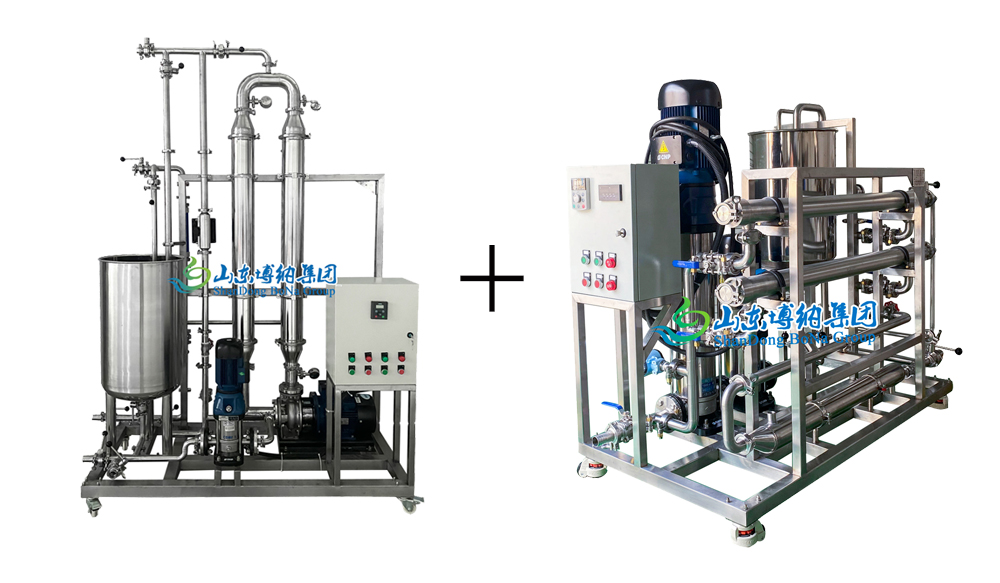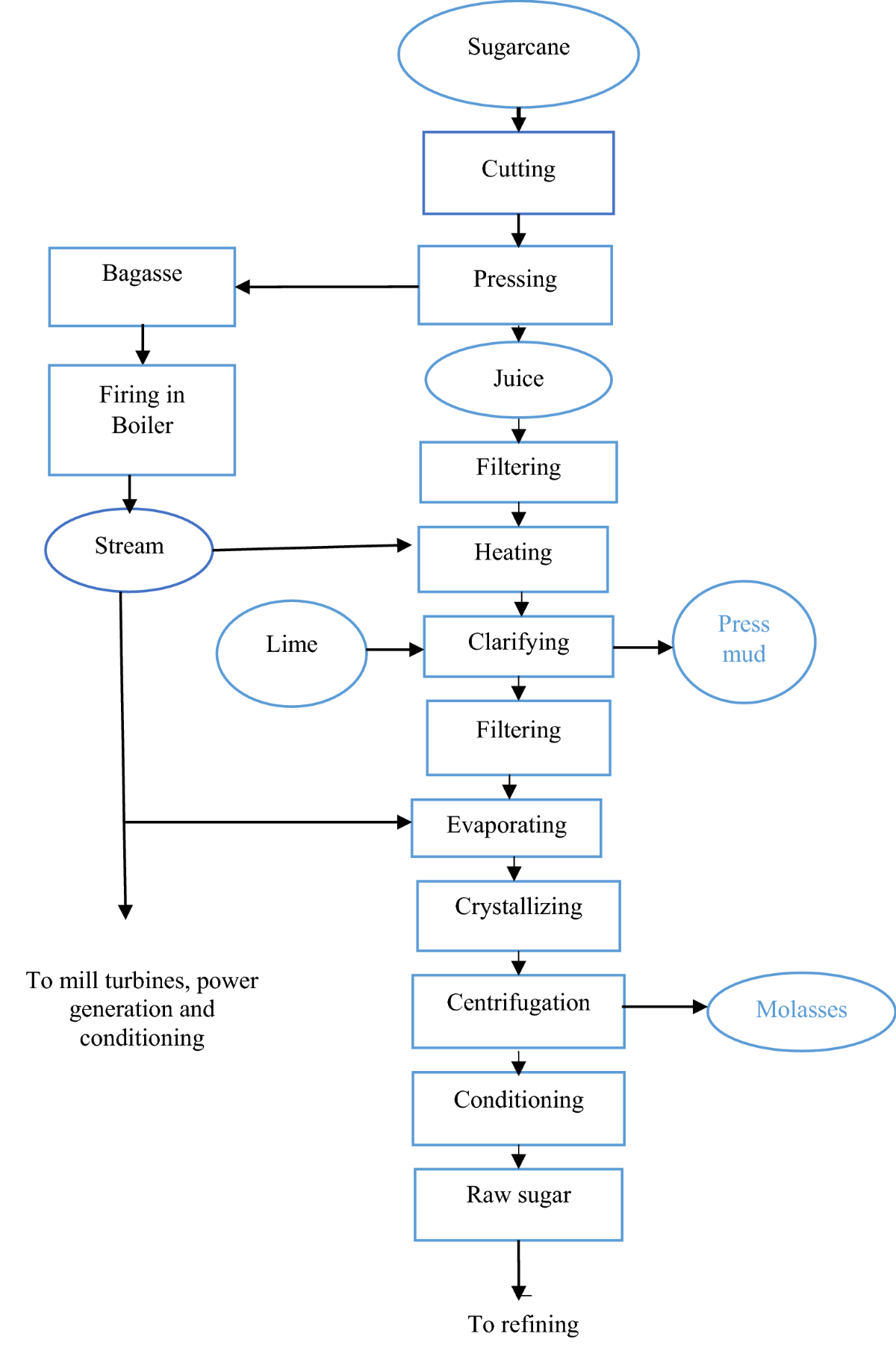What You Need to Know About Products From Sugarcane in Fashion
What You Need to Know About Products From Sugarcane in Fashion
Blog Article
Discover the Ingenious Benefits of Products From Sugarcane for Sustainable Living
Sugarcane has emerged as a crucial source in the pursuit for sustainable living. Its diverse applications span biodegradable product packaging, renewable resource, and much healthier food choices. As markets look for green choices, sugarcane's convenience uses promising remedies. Nonetheless, real potential of sugarcane expands past its current usages. Discovering its ingenious advantages might expose brand-new paths toward an extra sustainable future. What other opportunities might this exceptional plant hold?

The Increase of Sugarcane as a Sustainable Source
As international awareness of environmental issues grows, sugarcane has become a famous lasting resource. This functional crop provides a variety of benefits that contribute to eco-friendly techniques. Sugarcane is a renewable energy, qualified of thriving in diverse climates while soaking up co2, therefore alleviating greenhouse gas exhausts. Its quick development cycle allows for frequent harvesting, resulting in a constant supply of raw material.Additionally, sugarcane farming commonly needs less water compared to other plants, making it an efficient option in water-scarce regions. The spin-offs of sugarcane, such as bagasse and molasses, can be repurposed for numerous applications, reducing waste and promoting round economic situation concepts. Improvements in agricultural practices have actually led to even more lasting farming approaches, additionally improving sugarcane's environmental account. As customers progressively look for lasting options, sugarcane stands out as a viable option for those dedicated to decreasing their environmental impact.
Naturally Degradable Packaging Solutions
Exactly how can naturally degradable packaging services transform the means customers approach sustainability? By making use of sugarcane-based materials, these cutting-edge solutions offer an engaging alternative to traditional plastics. Biodegradable packaging made from sugarcane decomposes naturally, substantially decreasing landfill waste and greenhouse gas exhausts. As consumers become significantly knowledgeable about their ecological impact, the need for sustainable packaging remains to rise.These sugarcane-derived items not just offer useful objectives but also straighten with eco-conscious customer worths. They provide a substantial way for individuals and companies to add to a round economic situation, promoting source effectiveness and lessening environmental impacts. Additionally, as sectors adopt biodegradable alternatives, they foster a society of sustainability that resonates with an expanding market looking for responsible choices.In significance, eco-friendly product packaging options from sugarcane stand for an important step ahead in lasting methods, encouraging consumers to make eco-friendly choices without sacrificing ease or high quality.
Renewable Resource Generation From Sugarcane
A significant portion of sustainable power generation can be originated from sugarcane, showcasing its versatility beyond typical agricultural usages. Sugarcane biomass, including bagasse and leaves, is a powerful source for bioenergy manufacturing. This biomass can be exchanged biofuels such as ethanol, which serves as a cleaner alternative to fossil fuels. In addition, the burning of sugarcane results produces heavy steam and electrical power, supplying a power resource for sugar mills and nearby communities.The growing of sugarcane likewise adds to carbon sequestration, as the plants take in co2 throughout their development cycle. By using sugarcane for energy, waste is decreased, and lasting practices are urged. This sustainable power technique not just sustains energy needs however additionally promotes country advancement, developing tasks in bioenergy fields. Generally, sugarcane stands apart as an essential gamer in the shift to lasting energy solutions, lining up with international efforts to reduce carbon footprints.

Eco-Friendly Textiles and Fabrics
Eco-friendly fabrics and textiles originated from sugarcane present an appealing option to conventional products. These biodegradable choices not only lower ecological influence but additionally provide sturdiness and performance similar to conventional textiles. Sustainable manufacturing processes additionally boost their charm, making them an important part of a sustainable lifestyle.
Eco-friendly Textile Options
Why is the adjustment toward eco-friendly textile alternatives necessary for lasting living? The increasing understanding of environmental deterioration has actually triggered a search for alternatives to conventional textiles, which usually add to pollution and waste. Eco-friendly materials, obtained from renewable energies such as sugarcane, use an appealing option. These products break down normally, minimizing landfill buildup and decreasing ecological effect. In addition, they can assist lower carbon footprints and dependence on fossil gas. As customers end up being extra eco-conscious, the need for sustainable fabrics expands, motivating suppliers to spend and introduce in biodegradable alternatives. This adjustment not only sustains lasting techniques but also fosters a round economic climate, leading the way for an extra responsible strategy to fashion and textile manufacturing.
Durability and Efficiency
Toughness and performance are crucial aspects when assessing green textiles and materials. Sugarcane-derived materials demonstrate outstanding toughness and strength, making them appropriate for various applications. These textiles often show remarkable moisture-wicking residential or commercial properties, which boost convenience in daily wear. In addition, their natural fibers add to breathability, guaranteeing that garments stay wearable and fresh also sought after problems. The efficiency of sugarcane-based fabrics encompasses their resistance to damage, permitting products to maintain their stability gradually. Moreover, these green textiles can be dealt with to boost UV security and stain resistance, meeting the sensible requirements of customers without endangering sustainability. Eventually, sugarcane materials provide a harmonious balance of resilience and performance, attracting eco mindful people.
Sustainable Production Processes
The remarkable sturdiness and performance of sugarcane-derived fabrics are complemented by sustainable production processes that focus on ecological responsibility. These processes utilize renewable energies, lessening dependence on fossil fuels and minimizing carbon footprints. By utilizing the byproducts of sugarcane farming, producers can create environmentally friendly materials while advertising waste decrease. Advanced strategies, such as water-efficient dyeing and biodegradable treatments, additionally enhance the sustainability of these textiles. Furthermore, making use of safe chemicals guarantees that the production procedure does not hurt ecological communities or human wellness. This commitment to sustainability not just attract eco aware customers yet additionally sustains regional economic climates by promoting sustainable farming practices. Generally, read this post here sugarcane-derived fabrics represent a significant step in the direction of a greener future in the apparel industry.
Sugarcane-Based Biofuels and Their Impact

Sugarcane-based biofuels have arised as a substantial alternate energy resource, providing a renewable option to the globe's expanding power demands. These biofuels, originated from the fermentation of sugarcane juice or molasses, provide a more lasting choice compared to fossil gas. Their manufacturing process produces reduced greenhouse gas discharges, adding to climate change reduction efforts.Additionally, sugarcane biofuels can improve energy safety and security by expanding power sources and minimizing dependence on imported oil. The farming of sugarcane additionally advertises country advancement, creating tasks and boosting local economies.However, issues regarding land usage and food competition continue, as enhanced biofuel manufacturing might impact food supply chains. Lasting agricultural practices are important to balancing these contending passions and making sure that biofuel production does not undermine food safety. Generally, sugarcane-based biofuels stand for an appealing method for a greener power future, gave that their environmental and social implications are thoroughly handled.
Healthier Alternatives: Sugarcane in Food Products
While several consumers seek healthier options in their diet plans, sugarcane items use a nutritious choice to refined sugars and fabricated sugar. Stemmed from the natural extraction of sugarcane juice, these items retain vital nutrients, consisting of minerals and vitamins, that are commonly lost in refined sugars. Sugarcane has anti-oxidants and dietary fiber, contributing to total health and wellness and wellness.Many health-conscious individuals are turning to sugarcane syrup and jaggery, which give a lower glycemic index compared to conventional sugars, making them appropriate for those managing blood sugar degrees. Furthermore, sugarcane-derived sweeteners can boost the taste of different dishes without the adverse effects linked with artificial additives.This change in the direction of all-natural sweetening representatives not only promotes far better nutritional selections however also straightens with sustainable living practices, as sugarcane is an eco-friendly source. Sugarcane products are emerging as favorable alternatives in the domain name of food items.
The Future of Sugarcane in Lasting Developments
The future of sugarcane is poised to incorporate ingenious applications that prolong beyond conventional usages. Its prospective as a source for naturally degradable packaging services and eco-friendly power resources highlights its role in lasting techniques. Exploring these developments can significantly affect ecological conservation and resource management.
Biodegradable Product Packaging Solutions
An increasing number of companies are transforming to biodegradable packaging options stemmed from sugarcane as a promising option to standard plastics. These ingenious products, commonly made from sugarcane fibers and bioplastics, decay normally, minimizing the resilient environmental effect connected with traditional plastic waste. By utilizing eco-friendly resources, sugarcane-based product packaging adds to an extra lasting production cycle, aligning with global efforts to fight air pollution and environment adjustment. In addition, these solutions usually maintain the resilience and functionality required for numerous applications, from food containers to shipping materials. As customer need for eco-friendly options grows, organizations adopting sugarcane packaging not just boost their brand name image yet also go now play a critical role in promoting a round economy, paving the means for a greener future.
Renewable Energy Resources
Naturally degradable product packaging remedies are simply one facet of the broader potential of sugarcane in promoting sustainability. An additional substantial application exists in renewable resource sources. Sugarcane is a flexible plant that can be utilized to create biofuels, such as ethanol, which serves as a cleaner alternative to nonrenewable fuel sources. The fermentation process of sugarcane juice yields ethanol that can power automobiles and generate power. Furthermore, the results of sugarcane handling, like bagasse, can be used to produce biomass energy, supplying a efficient and sustainable technique to harness energy. This double role as both a resource of biofuel and biomass highlights sugarcane's capacity in decreasing carbon discharges and supporting a change to a much more sustainable energy landscape in the future.
Regularly Asked Questions
Exactly How Is Sugarcane Collected Sustainably?
Sugarcane harvesting can be lasting with strategies like hands-on cutting, which reduces soil interruption, and making use of machinery that minimizes fuel usage (Products From Sugarcane). Plant turning and incorporated insect administration further boost environmental wellness and promote long-term dirt fertility
What Are the Ecological Influences of Sugarcane Farming?

Can Sugarcane Products Be Reused?
The question of whether sugarcane items can be recycled discloses a favorable expectation. Several sugarcane-derived products, such as bioplastics and packaging, are designed for recyclability, adding to an extra lasting waste monitoring approach within environmental factors to consider.
Exist Any Type Of Downsides to Using Sugarcane-Based Products?
The disadvantages of utilizing sugarcane-based items consist of prospective land use competitors with food crops, obstacles in massive manufacturing, and concerns concerning the environmental effect of more information monoculture farming techniques, which can lessen biodiversity and dirt health.
Just How Does Sugarcane Cultivation Affect Citizen Communities?
Sugarcane cultivation impacts local communities by offering employment possibility and enhancing regional economies. It can also lead to land conflicts and ecological issues, impacting agricultural practices and community health and wellness, necessitating a well balanced technique to growth. Advancements in farming techniques have led to more sustainable farming methods, further boosting sugarcane's ecological profile. Furthermore, the burning of sugarcane by-products generates heavy steam and power, giving an energy source for sugar mills and close-by communities.The farming of sugarcane likewise adds to carbon sequestration, as the plants absorb carbon dioxide during their growth cycle. By using sugarcane for energy, waste is lessened, and lasting techniques are motivated - Products From Sugarcane. Sugarcane contains antioxidants and dietary fiber, contributing to total health and wellness and wellness.Many health-conscious people are turning to sugarcane syrup and jaggery, which offer a lower glycemic index contrasted to conventional sugars, making them appropriate for those taking care of blood sugar levels. In addition, the by-products of sugarcane handling, like bagasse, can be used to generate biomass energy, providing a efficient and sustainable approach to harness energy
Report this page